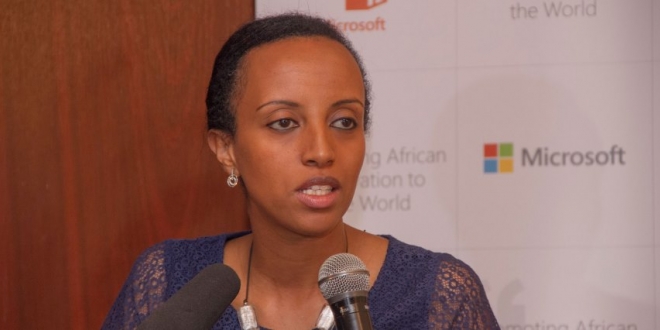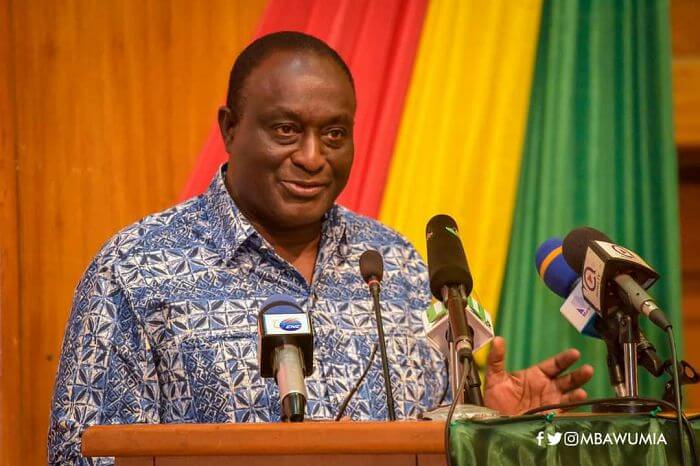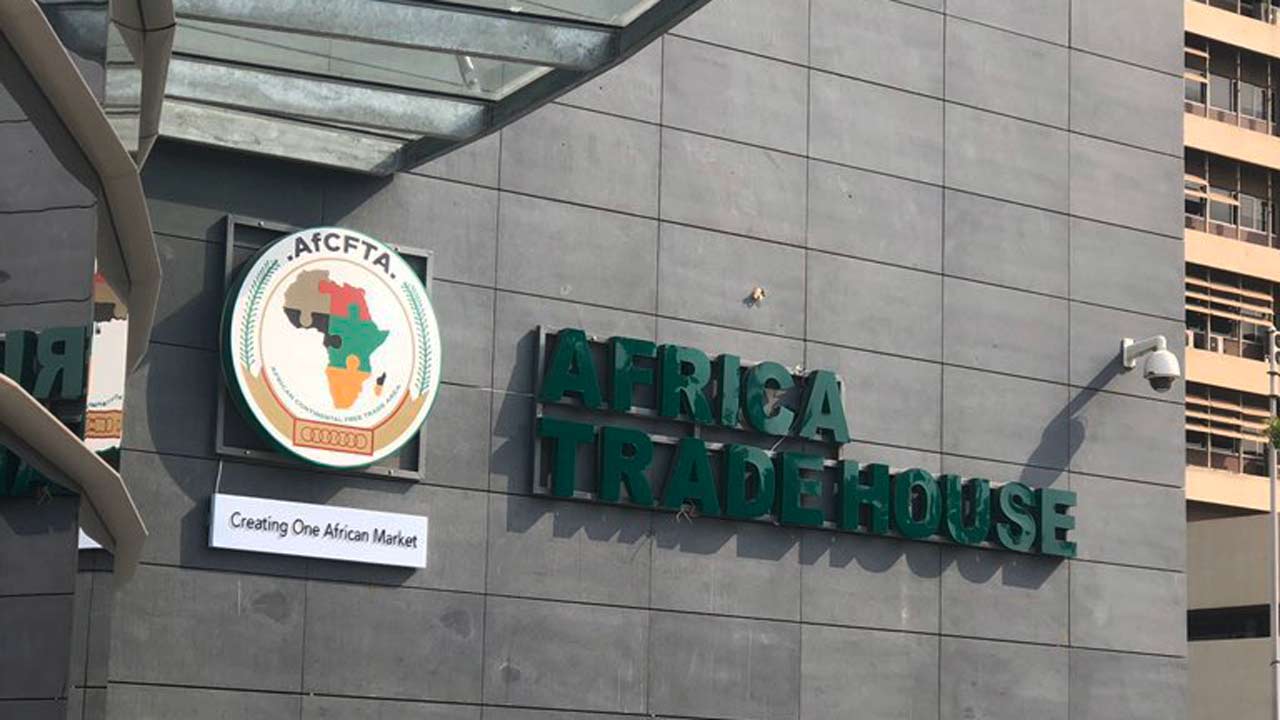In May 2021, the bridge across the Zambezi River linking Botswana and Zambia was opened by the presidents of the two countries. The construction of the bridge, which replaces the longstanding, slow ferry service across the river, means trucks on regional routes can now cross the river in a few hours, or less, rather than the previous three days to a week. It also means they can avoid using the biggest crossing between the ports and factories of South Africa and the rest of Southern Africa – Beit Bridge, which is also one of the most congested borders in Africa. A one-stop border post at the bridge will allow easier thoroughfare. This project embodies the benefits that good infrastructure and joined-up bureaucracy offer regional trade, both of them generally in short supply. More than 250 trucks a day should be able to cross the Zambezi instead of the handful that were able to cross before, bringing down costs, increasing the security of cargo and providing an alternative route for trade to the sea for inland markets. It is not without potential pitfalls. One is the congestion that is likely to develop at Martin’s Drift border post, currently an alternative to the main border post at Gaborone into Botswana, as demand increases. And sections of the roads along this main trade route, an integral part of the North South Corridor, are in urgent need of repair, for example several hundred kilometres of a two-lane highway through Botswana to Kazungula, with eroded...
Africa’s free trade area: A pipe dream or silver bullet?
Posted on: June 2, 2021
Posted on: June 2, 2021
























